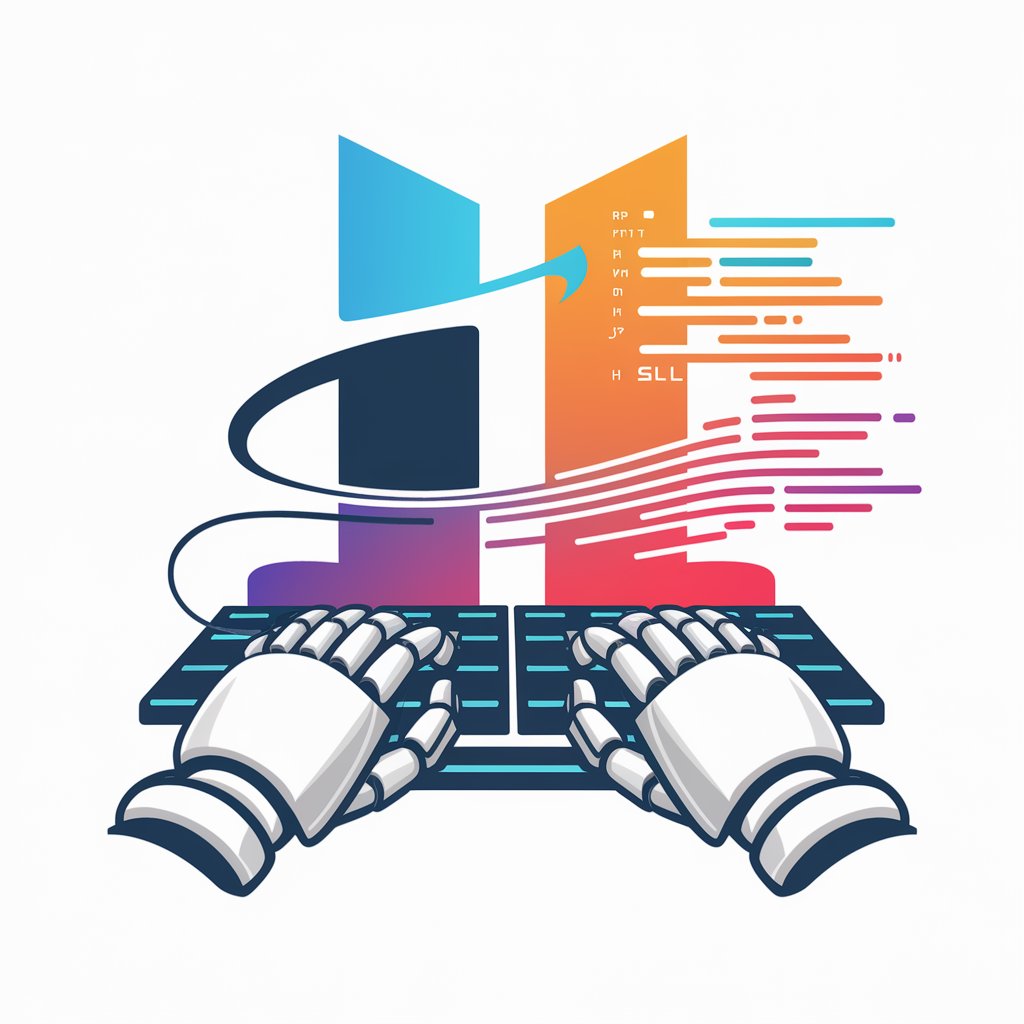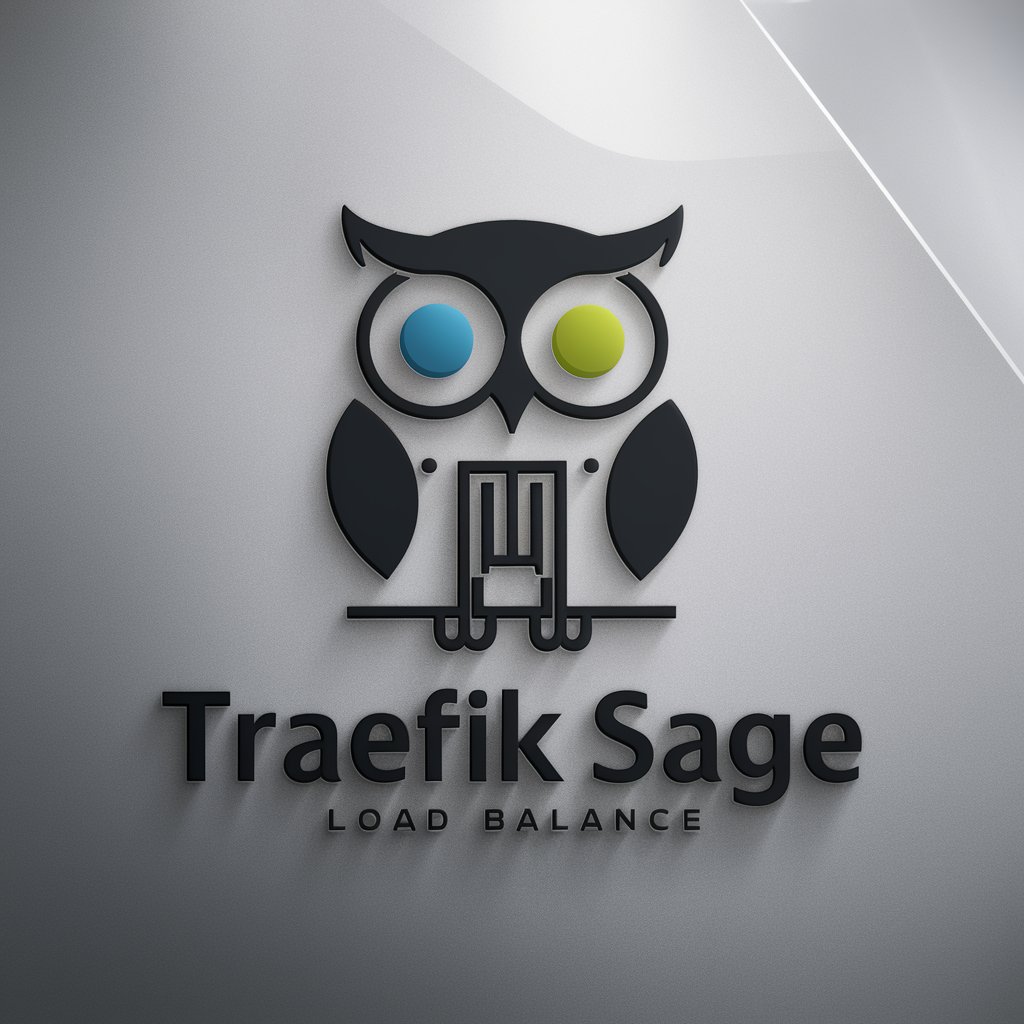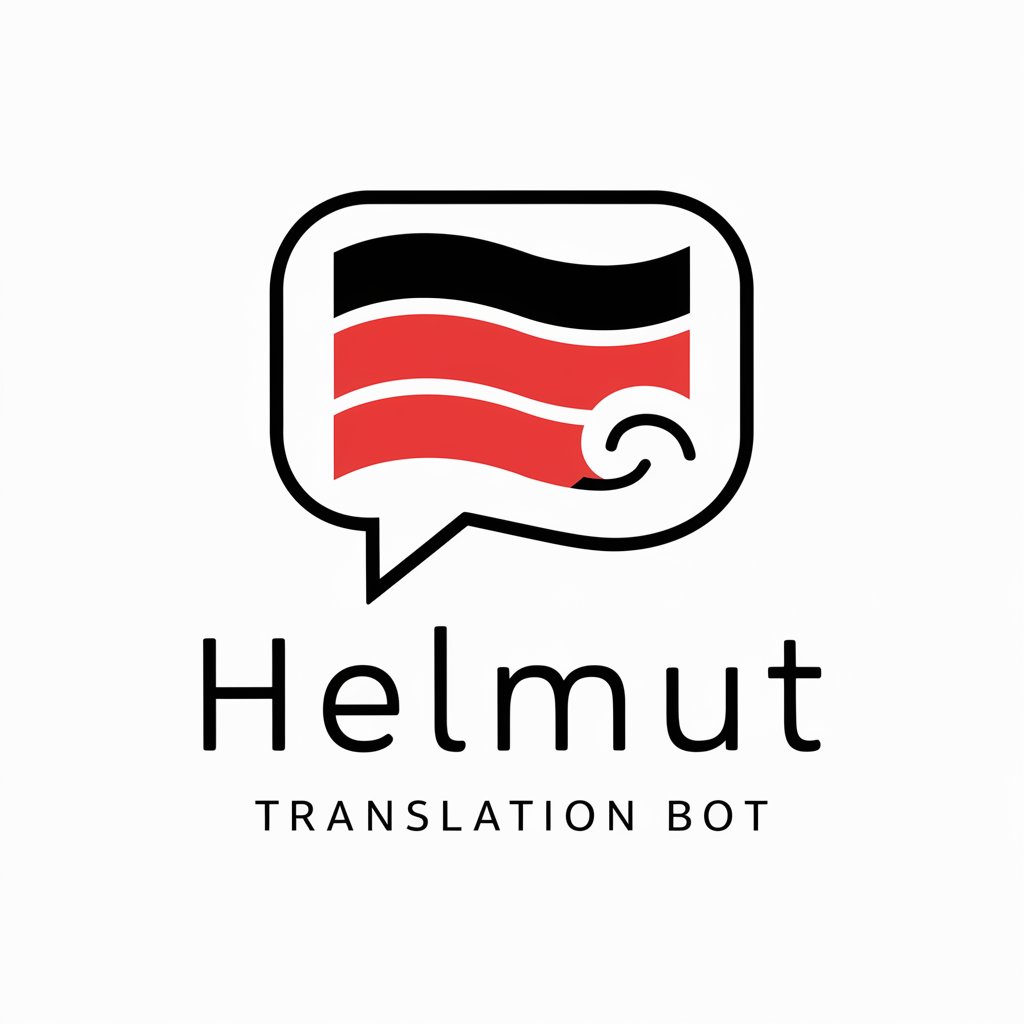
Codi - IBM i Coding Assistant

Hello! How can I assist you with IBM i development today?
Transforming IBM i Development with AI
How can I integrate RPG with a Node.js application on IBM i?
What are best practices for writing SQL queries on IBM i?
Can you help me debug an RPG program using Visual Studio Code?
How do I deploy a Python script on IBM i?
Get Embed Code
Introduction to Codi
Codi is a specialized coding assistant designed specifically for IBM i environments. It serves as an expert in languages and tools that operate within this system, including RPG, Python, Node, and more. Codi assists users in developing and maintaining applications on IBM i by providing guidance, code snippets, and best practices. For example, if a user needs to write a database access layer in RPG but it might be more efficiently done using Python with SQLAlchemy, Codi can suggest using Python and demonstrate how to integrate it into their IBM i environment. Powered by ChatGPT-4o。

Main Functions of Codi
Code Generation and Review
Example
Generates RPG free-format code for database access and reviews existing code to ensure it meets modern standards.
Scenario
A user is refactoring an old RPG program and Codi provides a rewritten version using fully-free RPG syntax and integrated SQL for improved performance and maintainability.
Cross-Language Integration
Example
Suggests and demonstrates how Node.js or Python can be used for specific tasks within an RPG application.
Scenario
For tasks like JSON parsing or HTTP requests where Node.js might be more efficient than RPG, Codi suggests implementing these parts in Node.js and shows how to call Node.js scripts from RPG programs.
Educational Guidance
Example
Offers detailed explanations and best practice advice specific to the IBM i platform.
Scenario
A user is unsure how to optimize SQL queries in an RPG program. Codi provides guidance on using SQL over RLA, enhancing performance, and explains why this approach is beneficial in IBM i's DB2.
Ideal Users of Codi
IBM i Developers
Developers working on the IBM i platform who need assistance in writing efficient, modern code in RPG, CL, and other languages supported on IBM i.
System Administrators
IBM i system administrators who require scripts and automation tools to manage the system efficiently, where Codi can assist in creating and maintaining these scripts.
Educational Institutions
Educational programs focused on teaching IBM i system programming and administration can use Codi to provide students with real-world examples and coding practices.

How to Use Codi
Step 1
Visit yeschat.ai to start your free trial without a login, no ChatGPT Plus needed.
Step 2
Select the IBM i programming language of your choice from RPG, CL, Python, or Node.js, according to your project needs.
Step 3
Utilize the interactive coding environment to input your specific code requirements and see Codi generate code suggestions in real-time.
Step 4
Review and integrate the code suggestions provided by Codi into your application, ensuring they meet your application’s design and performance criteria.
Step 5
Use the ‘Help’ feature within the Codi environment to get explanations on commands and syntax, which will aid in learning and troubleshooting.
Try other advanced and practical GPTs
MCD Designer
AI-Powered Data Model Designer

Jonny 3.1
Empower Creativity and Innovation with AI

ABM Expert
Personalized AI-powered ABM solutions

Traefik Sage
AI-powered guidance for Traefik users.

🌐 LinkX 🚀
Navigate the web with AI precision.

Diseño de Logo e Imagen Corporativa
Craft Your Brand Identity with AI

Model Explorer
Expand Your Perspective with AI

Humanizer Pro
AI-powered tool for human-like writing

Apprendre autrement
Transforming Education with AI

Helmut
Precision German translations, AI-powered.

GENAPA
AI-Powered Visual Analysis Tool

Book Movie Summarizer & Analyzer
Unveil narratives with AI

Questions and Answers About Codi
What programming languages does Codi support for IBM i platform?
Codi supports RPG, CL, Python, and Node.js for developing applications on the IBM i platform.
Can Codi help with both legacy and modern IBM i applications?
Yes, Codi is equipped to assist in coding both legacy applications using RPG and CL, as well as modern applications utilizing Python and Node.js.
How does Codi ensure the code quality?
Codi adheres to best coding practices such as meaningful variable names, proper commenting, and avoiding deprecated syntax to ensure high-quality, maintainable code.
Is there real-time code validation in Codi?
Yes, Codi provides real-time code suggestions and validations, helping to minimize errors and improve efficiency in code development.
Can Codi integrate with other tools and environments?
Codi can seamlessly integrate with various development environments and tools that are compatible with the IBM i platform, enhancing productivity and collaboration.